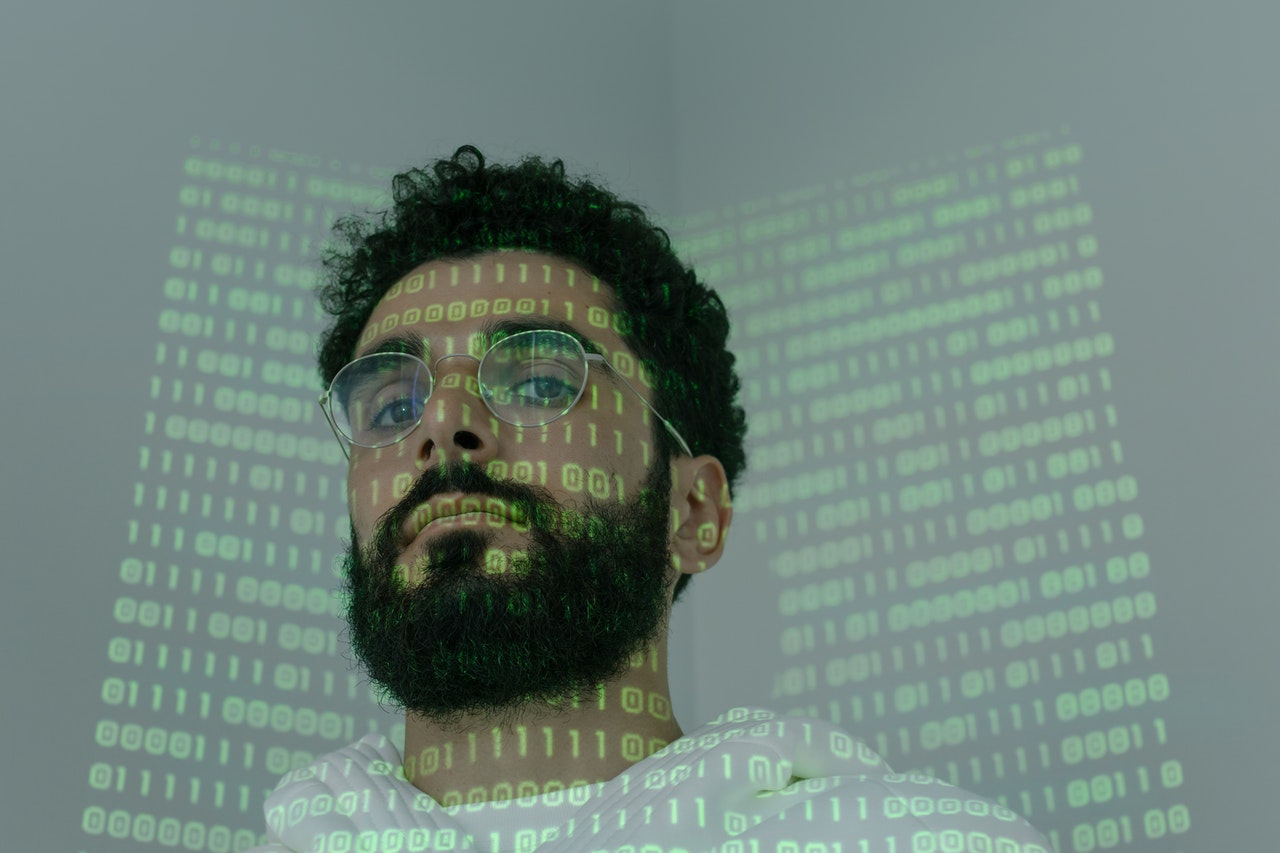A fresh start: Digital Currency
Who does not love money? For one, I adore its use although I reckon it is the root of all evil, not policies, or countries, or poor theories. Still, though, I thought it was about time I wrote something about the money anew. Here it goes.
Fiat money or currency as we knew it until recent years have long been detached from its value being determined by commodities or rare metals such as gold, they now have value we attribute to it. If everybody alive was the ultimate epitome of honesty with more than average calculation and memory skills, currency would be nothing more than what each of us added or subtracted from what we own or are in debt of – maybe on a piece of paper like how you do to calculate your monthly budget. Whole world could theoretically run like that.
How does a currency work?
Every currency is controlled by a central mechanism – may it be within your own country, by the central bank or for international transfers of the SWIFT system. Such control mechanisms have their merits, that’s how the transfers or the money itself are “legalized” – anything outside those circles is considered violation of laws. Such cost of legality comes with its prices – your privacy with your money is almost non-existent unless you are a master of money-laundering, every piece could be traced back to you. Also the middlemen that make up the centralization mechanism only add up to costs and a slower mobility of the currency in question.
The advent of broadband internet access with transistor technology that is exponentially improving upon itself, going digital in the money itself was inevitable to tell you the truth. Although investment conglomerates, including Warren Buffett, find themselves in the pitfall of calling the transformation, or revolution as some call it, some big scam that is destined to crash and burn, they remind me of Lord Kelvin and Thomas Edison’s predictions on aeroplanes, radios, AC and telephones.
You can never go against the fact that world history is full of charlatans and their snake oil campaigns. However just like how a group of remote computers could not be confined to the use of the military forever, it is not the smartest approach to take where computational power and internet access would not ever have anything to do with how currency is and moves around.
Digital Currency
Digital currency, in its core sense, was not something new – any credit card company with a loyalty program that would award you with points for each certain amount of expenditures you make using their products gave you a glimpse of digital currencies, some non-physical entity of value that only means it on that certain platform, although not owning the actual features of money like durability (they expire) and acceptability (only the bank would accept the currency, not another consumer).
These issues would, of course, be addressed however, by a few papers laying the groundwork for the next era of finance like that of David Chaum’s dated as early as 1983. His shot at digital currency, DigiCash had materialized six years later with his company headquartered in Amsterdam. His attempt was officially a failure by 1998. His pioneering move had inspired an oncologist and a lawyer in the USA, though Silver & Gold Inc. corporation’s e-gold peaked at 5 million customers by 2009, scoring an annual expenditure of 2 billion USD in 2006. A surge of criminal prosecutions had followed after the company’s demise, yet among all the ruckus, some Japanese personas had nailed it.
Let’s explore it in our next one.
Stay Safe.
Anıl Uzun
